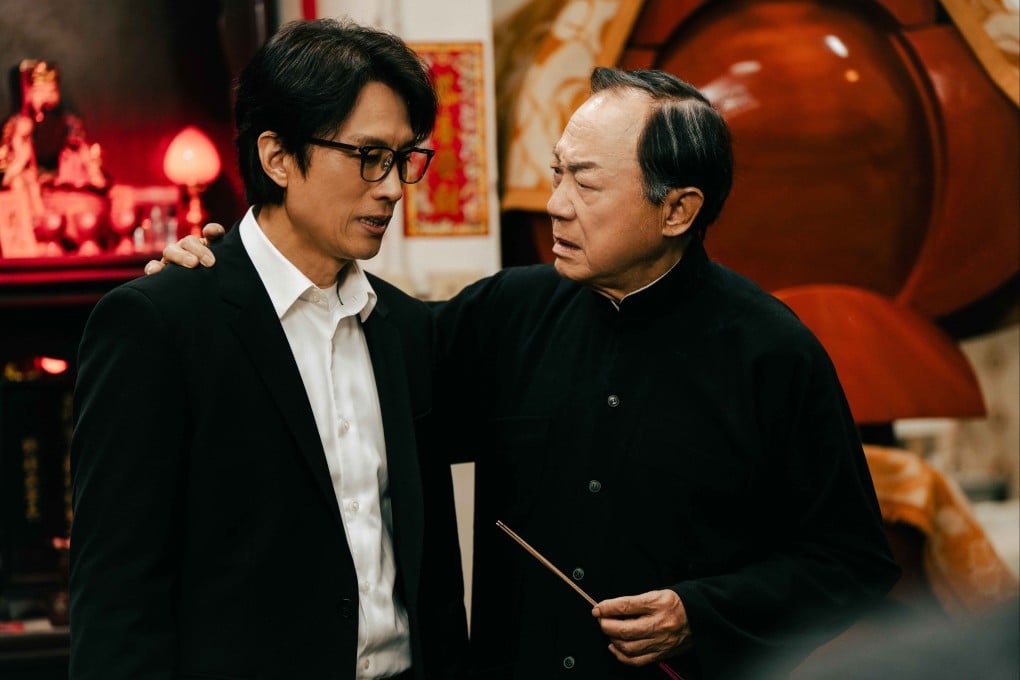Opinion | Hong Kong must break the taboos around end-of-life care and death
With a law passed on advanced medical directives, the onus is on government to provide life-and-death education and facilitate discussion

But there are still those who feel emotionally unprepared for the law, which provides a transitional period of 18 months for medical institutions to revise guidelines and retrain staff. For many Hongkongers, making or accepting the decision to reject life-sustaining medical treatment is still a highly charged issue.
The government has work to do, from providing comprehensive life-and-death education to facilitating open discussions about end-of-life care.
The widely watched film not only lifts a veil on local funeral rites and rituals but also, importantly, illustrates the complex emotions and discussions that revolve around the death of a loved one. Its positive reception gives the government an opportunity to promote life-and-death education.
To harness the momentum, the government should consider a holistic, multifaceted approach, using formal and informal learning environments for life-and-death education to cover schools and the broader community.


